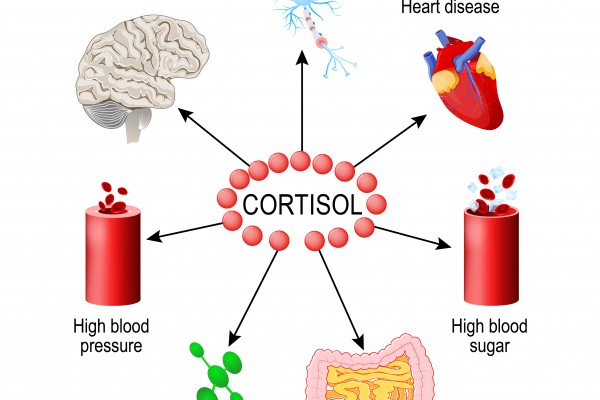Stress And The Immune System
Posted Oct 07, 2021 at 14:45
Posted Oct 07, 2021 at 14:45

As you would have learnt from our multiple blogs, we talk a lot about how the pain is created in the brain and how our thoughts and feelings can influence that.
With the pandemic and cold and flu season around the corner again, immunity is something we will hear about bit more. What is important to notice if how our thoughts and feelings can affect our immunity! Yes, it is not only all about invading organisms, vitamin D and C and so on but actually our thoughts and feelings can affect not only feeling of pain but other systems of the body, including immune system.
Research shows that immune system can be activated not only by what is happening in the tissues in our body but also by brainís interpretation of those events.
Since thoughts and feelings affect brainís map of the body, the brainís inner reality. Stimulation of the immune system leads to production of small molecules called cytokines. They role is to help the body to heal either by promoting or stopping inflammation when necessary.
The immune system is a powerful protection system when it works as designed. However, if it goes on overdrive, it can become a problem and create issues. Research shows that chronic stress and pain lead to alterations in the immune system, which result in more cytokine molecules that promote inflammation to be released. The immune system is also linked closely to the sympathetic part of the autonomic nervous system, the fight or flight response, and responds to cortisol and adrenaline levels (The two hormones which are released in the flight or fight mode). Moreover, the immune system can further increase the production of these stress hormones increasing the inflammation and making it even more difficult for your body to heal. In case of chronic stress and chronic pain this can go round and round in a vicious cycle.
The good news is that there are many things that we can do to help with the stress levels and improve functioning of the immune system.
There are some of them.
You can use mindfulness meditation that helps to quieten your mind and decrease the stress response and therefor inflammation in your body.
Proper nutrition is also a key with the aim to calm down the inflammation so that the chemical sensors in your body can stop sending inflammatory signals to the brain. Eating healthy, with lot of fresh greens and good variety of not highly processed food will help reduce inflammatory responses.
Good quality sleep is also important to buffer against stress and pain. However, since stress and pain can affect sleep, it is important to prioritize good sleeping habits.
Some other things that must not be neglected is getting enough sunshine, drinking plenty of water, spending some time doing things that we love and spending time with people that we love..
Another extremely important thing is movement. Research claims that if you cannot move due to pain, then even imagining movement can help. The important thing is to move the bigger muscles in our body that have been primed for fight or flight to help with the build up of the stiffness and tension.
It is also important to move the small muscles closer to the spine that become switched of during periods of prolonged stress. Yoga or simple daily spinal exercises can be great for that.
Would you like to know how your nervous system is performing? Why not to book a consultation with one of our clinicians!